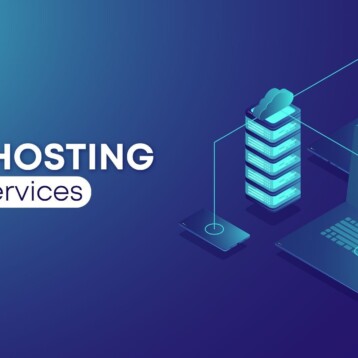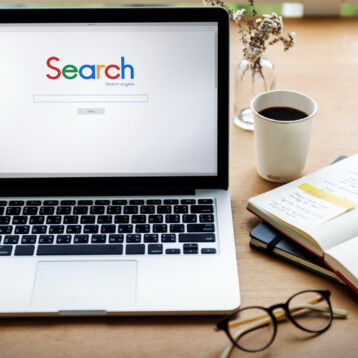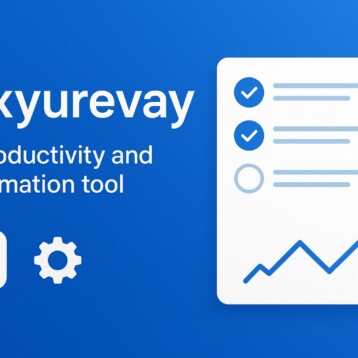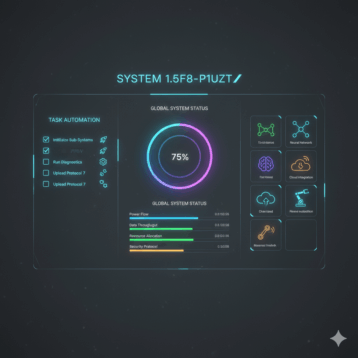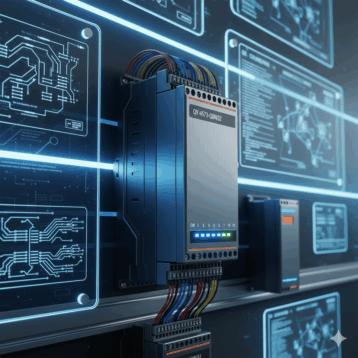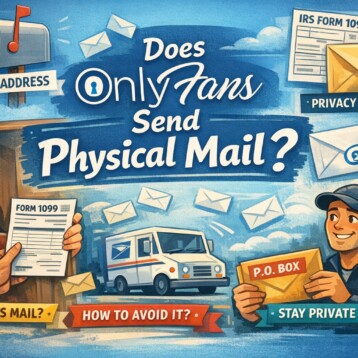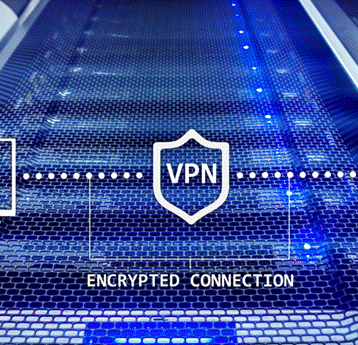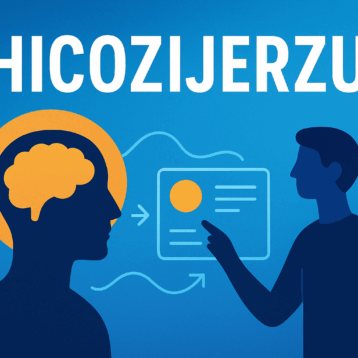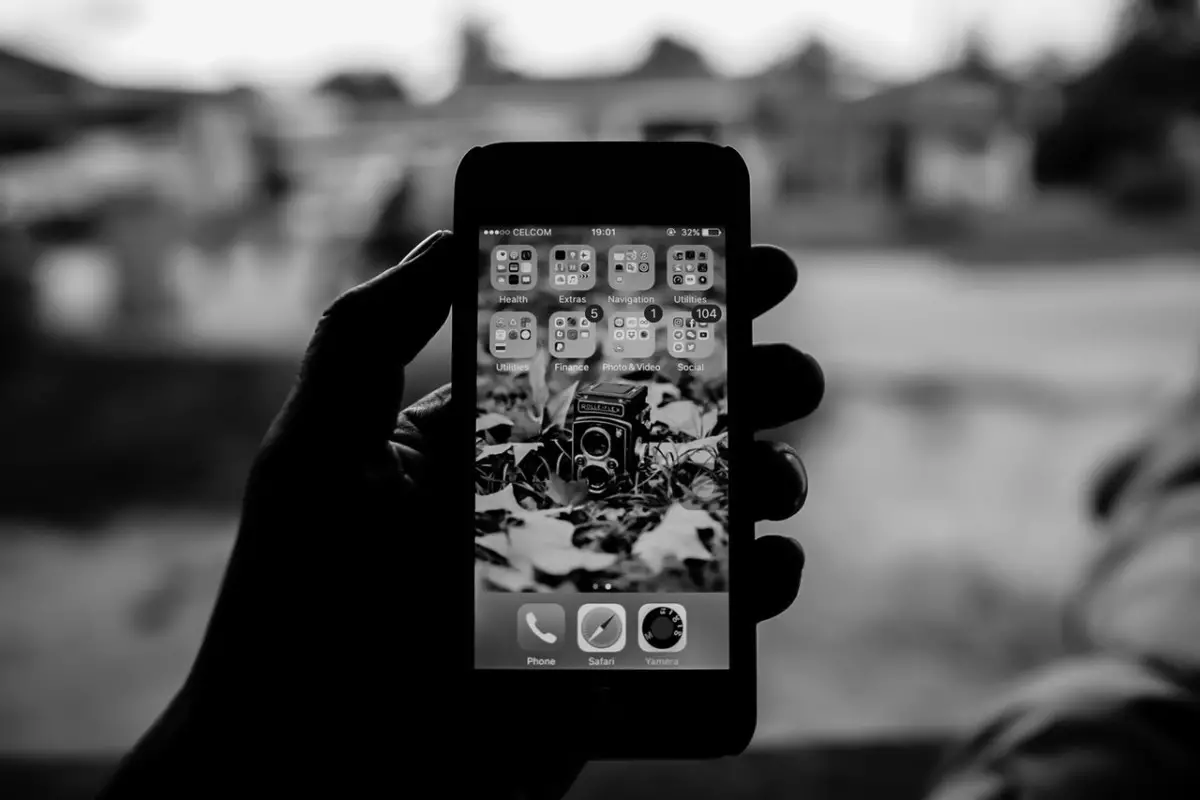
Of course, we have seen blockchain technology taking the world by storm recently, particularly in financial and gaming industries. By underpinning all kinds of cryptocurrency, blockchain can ensure that all transactions are properly conducted and recorded, keeping all categories of information safe. We’ve seen this kind of technology used within the online casino industry, with the introduction of Bitcoin payment options for slots and other games, as they weave blockchain into their software. But, blockchain is becoming much more personal, as we can expect to see it integrating into everyday life from household applications to legal contracts, read on to see how this is happening.
Digital Identity
Whilst the digital age poses a range of benefits and innovations, it does create a larger loophole for hackers to tamper with private information and commit acts of fraud. Fraudulent behavior still proves to be a huge issue in our society, with an estimated average of $18.5 billion being used annually to counteract fraud. With blockchain though, you will never have to worry about digital security again! Thanks to the mechanics behind blockchain, all digital identities can be tracked, keeping data secure. With this in place, we can adopt seamless sign-in procedure as well as reduce fraud.
Most days, we hear of severe cyber-attacks on a number of industries, such as on the NHS a few months ago. Over 300,000 computers around the world were infected, with countries such as Russia, Taiwan and Ukraine being the most affected by the WannaCry cyber-attack. All medical files were locked, with a bitcoin payment demanded in order to regain access to these files. Whether it’s banking, healthcare or online retailing, all forms of identity authentication and authorization are completely integrated into commerce and culture worldwide, so it’s important that all kinds of fraudulent behavior are tackled as quickly as possible. Blockchain can provide a secure solution to digital identity issues, with authentication systems focusing on irrefutable identity verification via digital signatures.
Smart Contracts
Owning and paying for your own house can be a stressful, confusing time, but what if you could completely manage and even cut your mortgage rate, making it easier to update your will? With blockchain on the horizon, we can say hello to smart contracts, helping you to manage all of these important financial costs. A smart contract is a digital, legally binding programmable contract, which is entered onto blockchain software. Instead of putting trust into a single central authority figure, developers implement legal contracts as statements and variables, which can release funds using the bitcoin network as a third party executor. It might sound complex, but the bottom line is that businesses can be made more efficient, and the legal system can be made more equitable, too.
We can often find ourselves signing contracts without thoroughly reading the small print, so blockchain applications are ensuring that all ledger participants understand the contract details. Whilst smart contracts can be used for mortgages, they can also be used in a range of other scenarios, including financial derivatives, property law and crowdfunding agreements.
The Internet of Things (IoT)
You might have heard the term IoT, but not completely understand the whole concept. Well, it’s actually quite simple to grasp, and you might realise that you use this system within your own home. The IoT involves the interconnection of household devices via the Internet, allowing them to send and receive data amongst each other. This can range from requesting your washing machine to order more detergent once it’s run out, to controlling the thermostat within your home via your smartphone. A lot of this wouldn’t be possible without blockchain applications though. With so many cyber threats present, cybersecurity experts work hard to ensure that all distributed information can stay safe and secure within the IoT. The blockchain ledger system can ensure that information is only released and authorized by trusted parties, restricting hackers from getting their hands on the information.
An example of blockchain within IoT would be smart appliances, which is a device that has access to the Internet and can provide you with more information and control over your appliances. For example, blockchain applications can alert you if your cake is ready, or if the washing machine has finished. With smart appliances, you can rest assured that all appliances will stay in good condition, saving you money and giving you the convenience of controlling your appliances, even when you’re not at home.
Financial Services
The financial industry is one of the most popular places for blockchain to integrate into, and it’s hardly surprising as to why with its efficiency and security advantages. Telematics and IOT have already impacted the insurance sector, and blockchain technology is looking to influence the finance even further. Processes within the bank are usually painfully slow and extremely frustrating to be a part of as a customer in need of a loan. Blockchain technology allows these transactions to be much quicker and effective, which is why we can see an increasing number of financial services adopting blockchain software into their systems.
We all know how complex insurance policies can be, and when trying to make a claim, nothing in the world seems worse. Insurance processors are faced with massive tasks of wading through fraudulent claims or abandoned policies before even considering authorizing your claim. With a huge, manual process like that, the room for error is miles too big. Therefore, blockchain can provide a simpler solution to insurance experts, as all management can be risk-free without the hassle. Via encryption properties, blockchain will allow insurers to capture the ownership of assets, making the claims process much easier for individuals.
Smart Property
You may have noticed by now that a range of blockchain applications adopt the adjective of ‘smart’ into their name, and it’s not surprising as to why due to their increased efficiency. Moving into a house provides us with a massive range of responsibilities, with cars and cookers, as well as property titles or company shares. Registration for all of these factors is usually inputted into a ledger, along with contractual details for others granted permission to property ownership. A blockchain application known as smart keys can facilitate access to the permitted party, as the ledger stores and allows the exchange of smart keys once contract verification has occurred. If the smart key is lost, this isn’t an issue, as the decentralized ledger becomes a system for recording and managing property rights, allowing those entitled to the property access, no matter what.
For example, your car-key can be outfitted with an immobilizer, meaning that your car can only be activated once you select the right protocol on the key, and we can expect to see a lot more technology trends within the automobile industry in the foreseeable future. In addition, your phone will only function if you input the correct PIN code. By working together cryptographically, your property ownership can be protected.
Unfortunately, we live in a world where security can be breached in a heartbeat, so it’s important to keep all of your private documents and ownerships protected much more securely than just lock and key. Blockchain applications can act as your new muscle security guard, ensuring that access to all private data is untouchable and safe, giving you peace of mind. With a future of robotics and AI within the home environment, there will soon be nothing that advanced technology cannot do.

